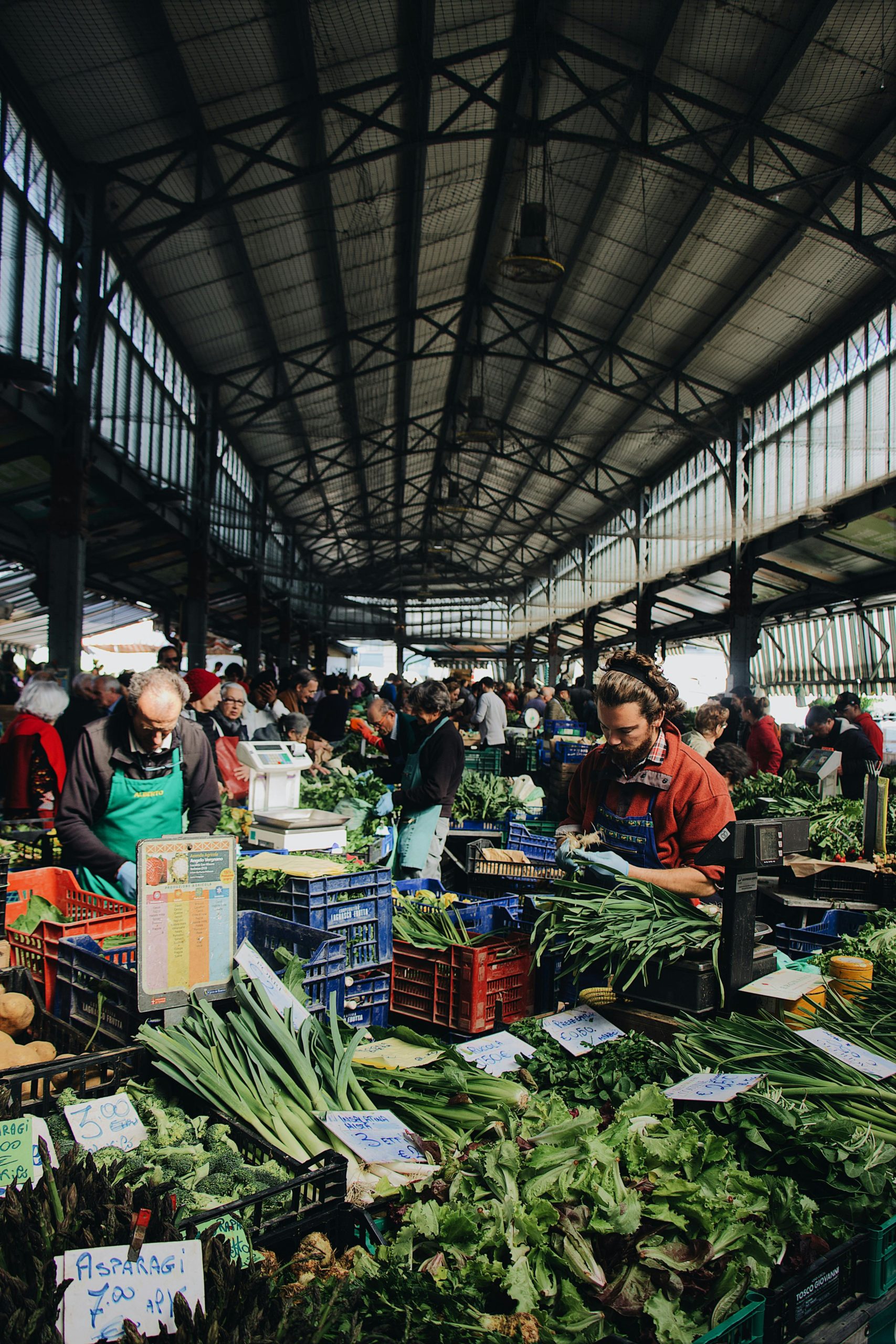Mar Riera Spiegelhalder | ENT environment & management
In recent decades we attended a restructuring of markets and the world order, including the food regime[1]. We are witnessing a globalised food system that has proven to be highly vulnerable to disruptive events, such as the Covid-19 pandemic or the war in Ukraine. It is an import-dependent system, where approximately one fifth of the food is internationally traded. This model generates a significant ecological and water footprint, not only related to the transport, but also, among others, to the large-scale production model and the use of pesticides and other chemicals to make plantations more productive.
The mechanisation and industrialisation of agriculture, driven by the green revolution, makes existing local food systems invisible, which are much more sustainable in social, economic, and environmental terms. It devalues traditional practices that ensured food sovereignty and respect for different cultures and raises increasing concerns on their ecological impact and long-term sustainability (Freyer, Bingen, and Klimek 2015; González de Molina and Guzmán 2017). This debate has become increasingly important considering the worst-case scenarios of climate change and the depletion of fossil and mineral resources on which industrial agriculture depends on (Díez Sanjuán, 2023). The expansion of monocropping and the intensification of production modes have caused significant negative impacts in environmental terms, such as the loss of biodiversity and its important role in pest control, greenhouse emissions, and the depletion of water resources, among others. Only the global agri-food system is responsible for the consumption of approximately 70% of freshwater, and one third of greenhouse emissions (Díez Sanjuán, 2023).
Climate change has major impacts on agri-food production. Rising temperatures, increasingly frequent and severe periods of drought, and more frequent extreme weather events negatively affect crop yields and, livestock production (Mwangi, 2023). These impacts can lead to a significant decrease in agricultural productivity, an increase in pests and diseases, water availability problems, soil deterioration and negative impacts on production costs (Semeraro et al., 2023).
Rethinking the current food system towards food sovereignty is to talk about hunger and malnutrition problems, to defend people’s right to healthy and adequate food (Via Campesina, 2007), but it is also to talk about defending the natural resources on which food production depends on. Defining climate change adaptation and mitigation strategies is crucial to address the major challenge that climate change poses to agriculture and food security. It is deemed necessary to design strategies that improve the sustainability and resilience of the food system, but also focus on alternative production processes, favouring proximity and seasonal products, and considering who wins and who loses with each action defined.
Referencias
Diez Sanjuan, L. (2023). “Un sistema alimentario sostenible, resiliente y deseable”. Revista de Economía Crítica 36: 134-151.
Freyer, B., F., Bingen, J., and Klimek, M. (2015). “Ethics in the organic movement”. Pp. 13-39 en Re-Thinking Organic Food and Farming in a Changing World. Springer.
Friedmann, H., and McMichael, P. (1989). Agriculture and the State System: The Rise and Fall of National Agricultures, 1870 to the Present. Sociologia Ruralis 29 (2): 93–117.
González de Molina, M, and Guzmán, G. I. (2017). “On the Andalusian origins of agroecology in Spain and its contribution to shaping agroecological thought”. Agroecology and Sustainable Food Systems 41(3-4): 256-75.
Mwangi, L. W. (2023). Impact of Climate Change on Agricultural Food Production. 8(2). https://doi.org/10.47604/ija.1994
Semeraro, T., Scarano, A., Leggieri, A., Calisi, A., & De Caroli, M.. (2023). Impact of Climate Change on Agroecosystems and Potential Adaptation Strategies. 12(6).
Via Campesina. 2007. Nyéléni Declaration.
—
[1] The “food regime” frames the evolution of global food supply structures in the global geopolitical context (Friedmann and McMichael, 1989).

